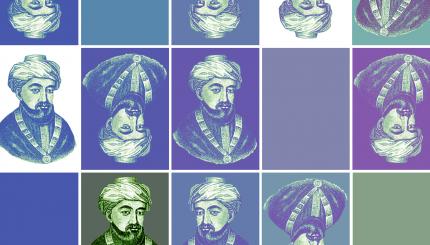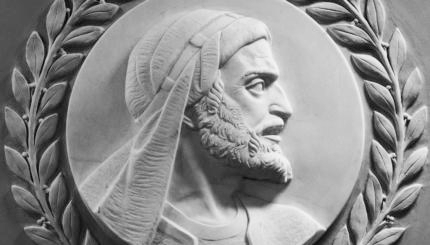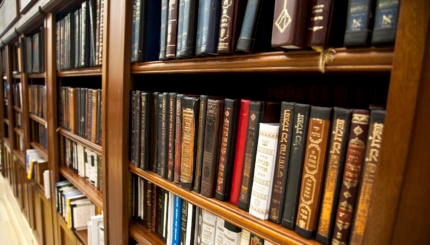Zechariah Frankel (1801-1875) was a German rabbi, theologian and historian of Rabbinic Judaism who was one of the Conservative movement’s early thinkers.
Born in Prague, he was made rabbi of Leitmeritz in 1832, becoming the first rabbi in the region of Bohemia to have a secular university education. He went on to become chief rabbi of Dresden in 1836, where he served until 1854, when he became president of a new seminary in Breslau that drew criticism from both left and right.
In 1871 Frankel founded the scholarly journal Monatsschrift für Geschichte und Wissenschaft des Judenthum (Monthly Journal of the History and Science of Judaism). Frankel’s major works are: Darkhey Ha-Mishnah (The Way of the Mishnah) and Mevo HaYerushalmi (Introduction to the Jerusalem ). In all these works, Frankel aimed to show that Judaism had developed in response to the different conditions and influences facing Jews around the world.
In The Jewish Religion, Rabbi Louis Jacobs proclaimed Frankel “the real founder of what later came to be called Conservative Judaism.”

Help us keep Jewish knowledge accessible to millions of people around the world.
Your donation to My Jewish Learning fuels endless journeys of Jewish discovery. With your help, My Jewish Learning can continue to provide nonstop opportunities for learning, connection and growth.
Frankel, Jacobs noted, used the expression “positive-historical” to describe his approach to Judaism: “historical because it acknowledges that Judaism did not simply drop down from heaven ready-made, so to speak, but has had a history; positive, because, whatever the origins, this is what the religion has come to be under the guidance of God.”
While open to change and development within Judaism, Frankel objected to many Reform movement innovations of the time, which he thought were not in the true spirit of Judaism. In particular, he took issue with the practice among many Reform rabbis at the time of eliminating Hebrew from prayer services.
Adapted from the Jewish Encyclopedia.
tefillin
Pronounced: tuh-FILL-in (short i in both fill and in), Origin: Hebrew, phylacteries. These are the small boxes containing the words of the Shema that are traditionally wrapped around one’s head and arm during morning prayers.

Help us keep Jewish knowledge accessible to millions of people around the world.
Your donation to My Jewish Learning fuels endless journeys of Jewish discovery. With your help, My Jewish Learning can continue to provide nonstop opportunities for learning, connection and growth.


